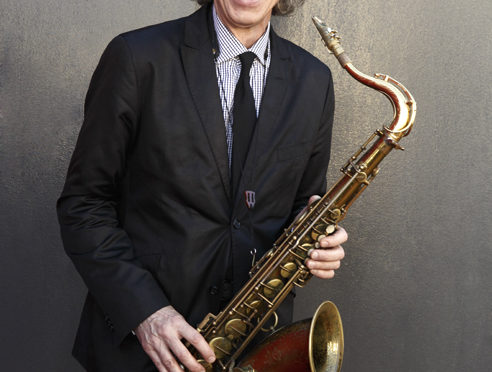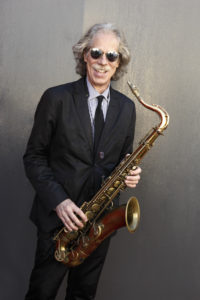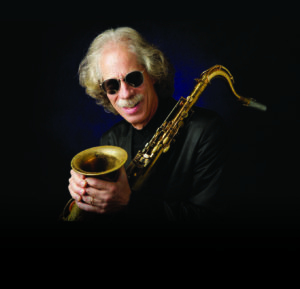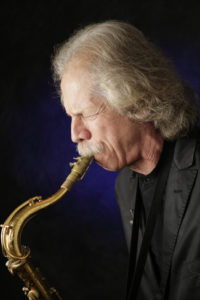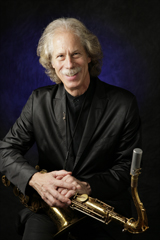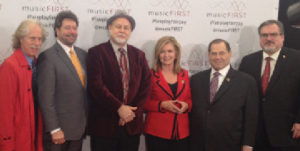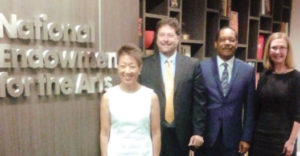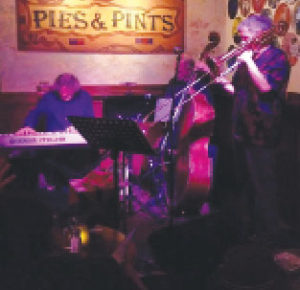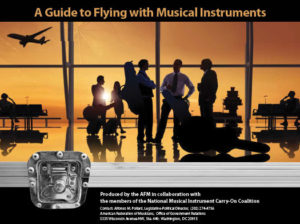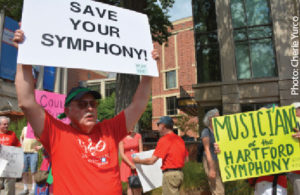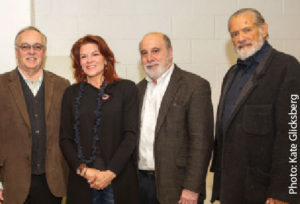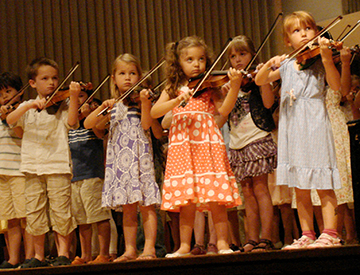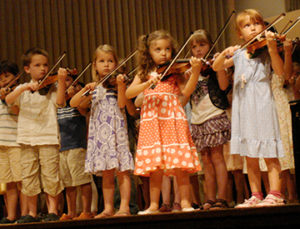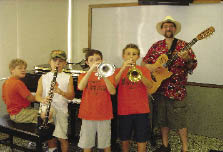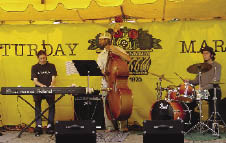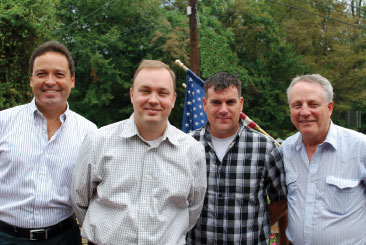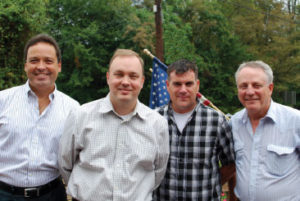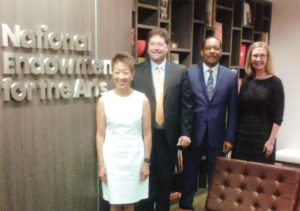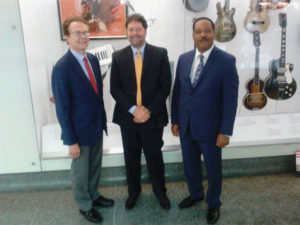Ever wonder what takes place at an AFM Convention? Ever wanted to watch your local delegates in action? This year, from June 20-23, AFM delegates will again gather in Las Vegas, Nevada, to determine the direction of the AFM for the next three years. While all locals send elected delegates, any AFM member may attend. The AFM is pleased to invite members and spouses who wish to do so to attend as guests. The convention headquarters—the Westgate Las Vegas Resort and Casino—has extended its special low room rate to all AFM members during convention week.
If you choose to attend, you will be invited to the gala reception on Sunday evening, June 19, at the Westgate’s Ballroom that will feature the best in live music. There will be bands performing on Sunday afternoon in the convention area while the delegates and guests register for the convention. Visitors will be given badges that allow them access to the convention area, and entitle them to hear the floor debate on crucial issues facing the AFM today. They will also receive a souvenir 100th AFM Convention program and discount coupons for shows.
Visitors will have a chance to meet Federation officers as well as local officers from all around the US and Canada. They will also hear the Federation President’s State of the Union message and listen to the delegates debate the merits of many initiatives that will chart the AFM’s next three years. In addition, there will be plenty of opportunities to see the sights in and around Las Vegas. Day trips to Hoover Dam and the Grand Canyon are available, plus the many shows in and around the world-famous Vegas strip. So mark the dates on your calendar and prepare to watch democracy in action at the AFM Convention.
For your convenience, you may now book your hotel reservation online. Please visit the AFM website www.afm.org/convention and follow the link, which will connect you directly to the AFM Convention’s Westgate reservations page. You may also reserve your room by phoning the Westgate using their toll free number, 1-800-635-7711. If reserving by telephone, please provide the Westgate representative with the AFM’s convention code, SAFM6R


